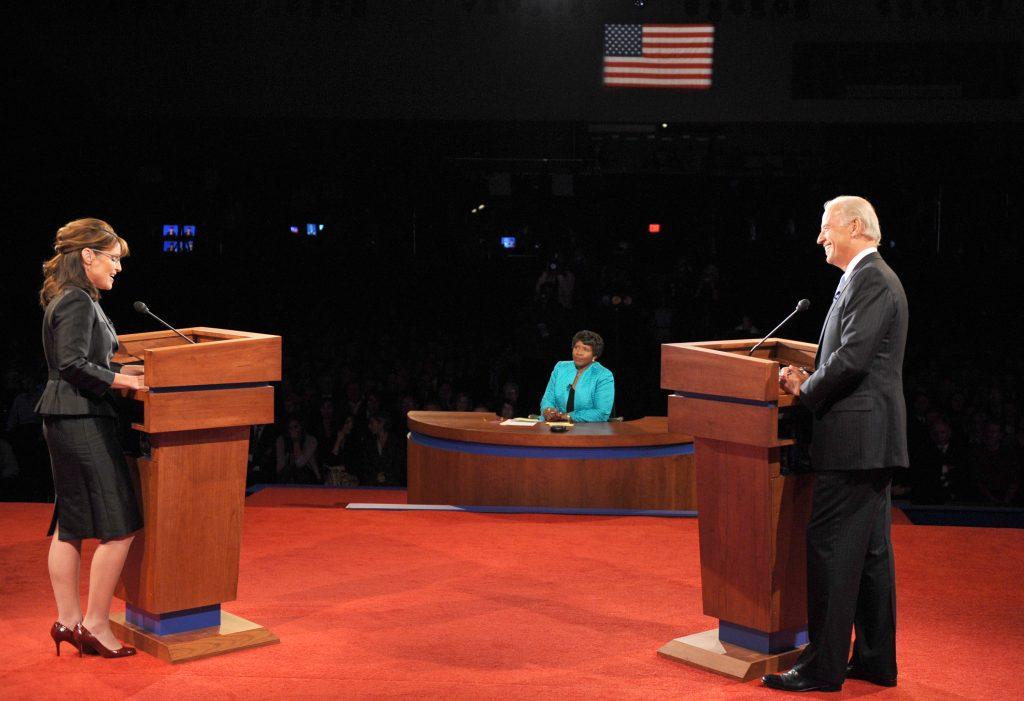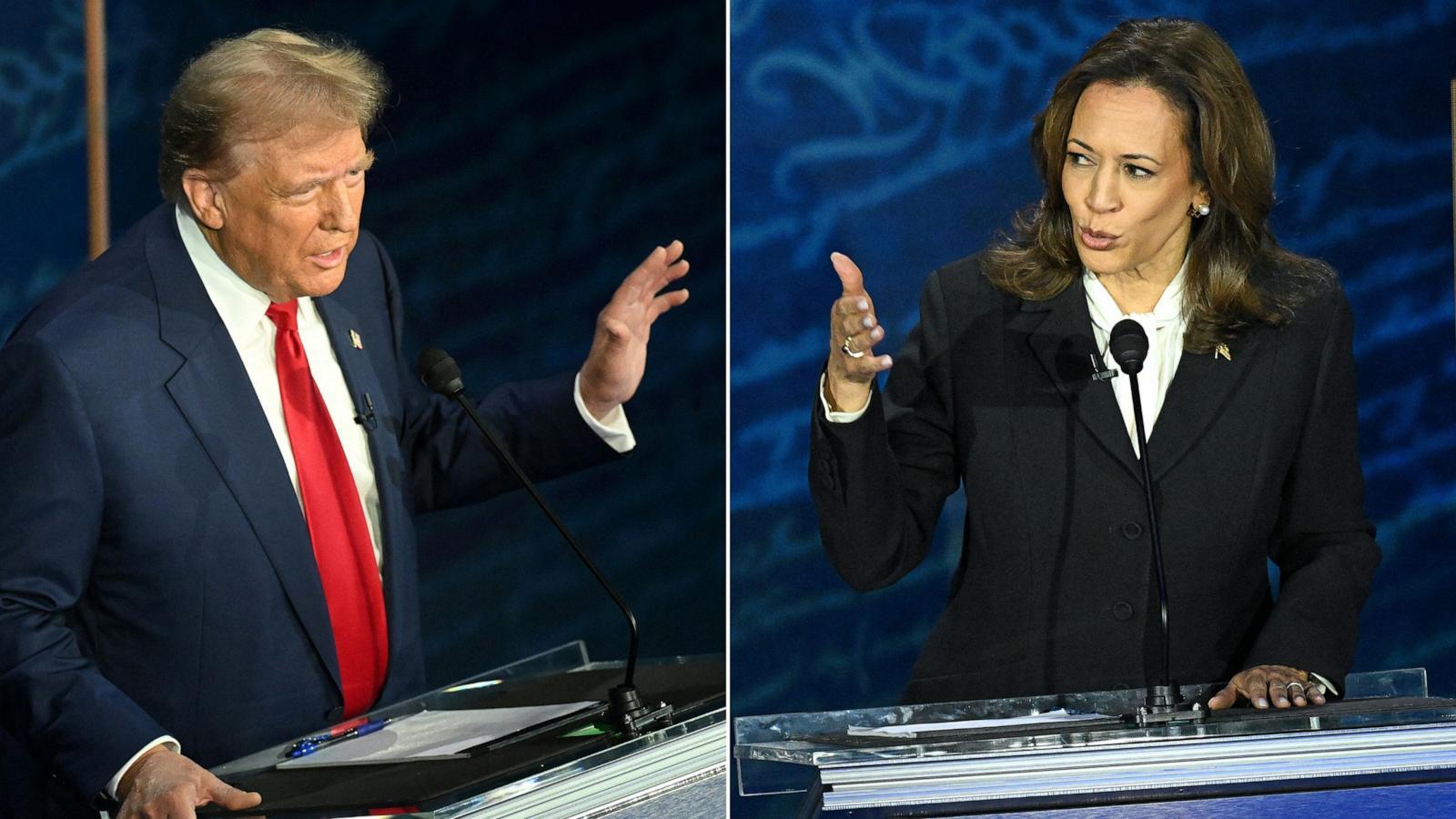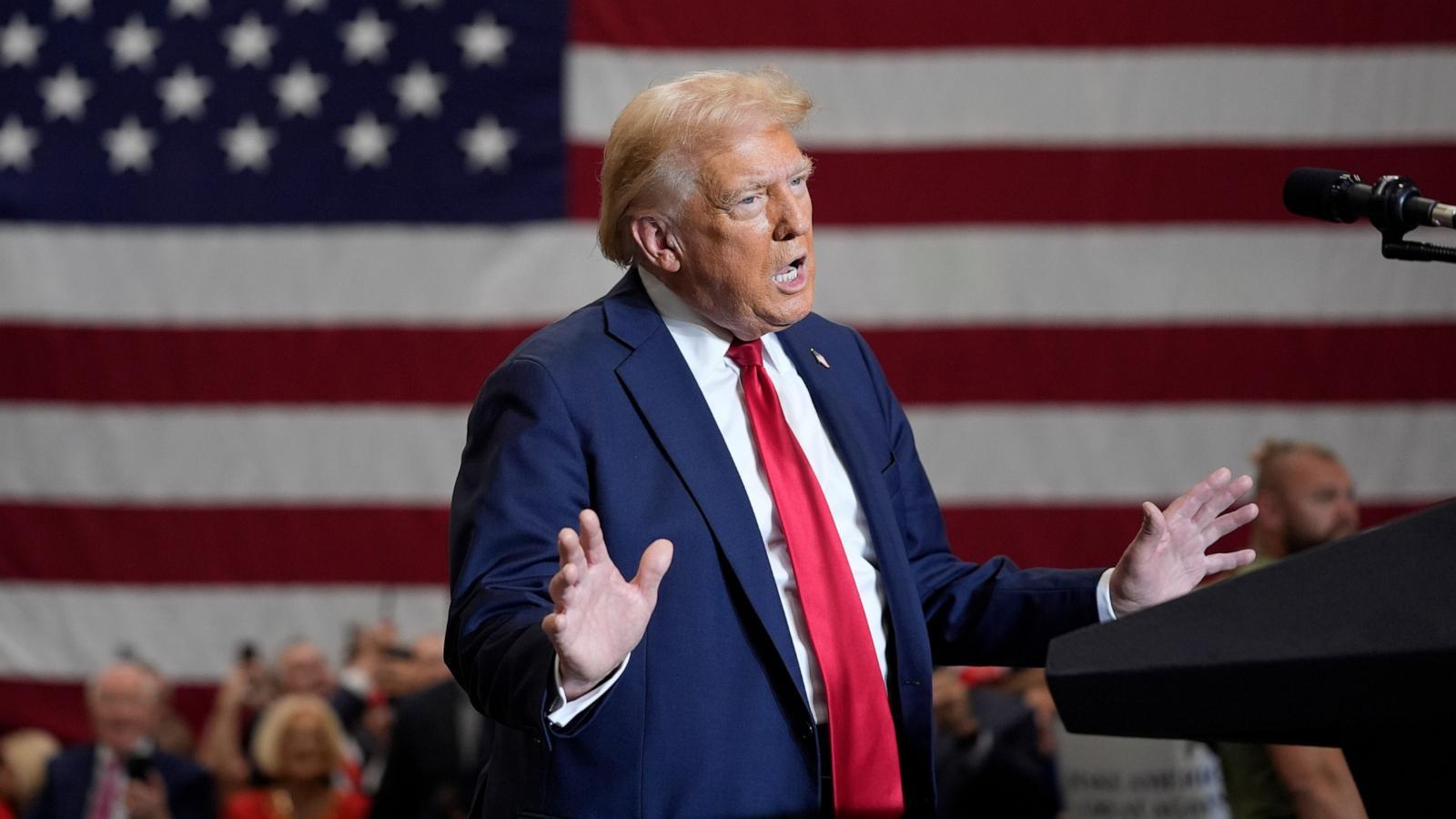In a realm of geopolitical complexities, the Islamic Republic of Iran finds itself teetering on the precipice of a pivotal decision. As the Trump administration’s withdrawal from the nuclear agreement casts a long shadow across the Middle East, Iran is grappling with an enigmatic question: Can it strike a deal with a mercurial President known for his unpredictable disposition and unwavering hostility? Enter a geopolitical chess game, where every move is fraught with potential repercussions that could shape the destiny of the Middle East and beyond.
– Irans Internal Calculus: Assessing Risks and Rewards of a Trump Deal
Assessing the pros and cons of a potential deal with the Trump administration poses a complex calculus for Iran. On one hand, a deal could potentially provide relief from crippling sanctions and open up new economic opportunities. On the other hand, Iran could find itself locked into an agreement that undermines its security and influence in the region.
Potential Benefits of a Deal:
Sanctions Relief: A deal could result in the lifting of US sanctions, which have severely impacted Iran’s economy. This could boost trade, attract investment, and improve living standards.
Access to Global Markets: A thaw in relations with the West could open up access to global markets, allowing Iran to sell its oil and gas freely. This could generate significant revenue and boost economic growth.
* Diplomatic Recognition: A deal would imply a significant shift in US policy towards Iran. This could enhance Iran’s diplomatic standing and facilitate cooperation on regional issues.
– Weighing Options: Diplomatic Engagement or Strategic Defiance?
- [Pros of Diplomatic Engagement]: Iran believes a deal with the U.S. could lift sanctions, boost the economy, and open diplomatic opportunities. It could also reduce tensions, allowing Iran to focus on domestic and regional issues.
- [Cons of Strategic Defiance]: Iran fears that a deal may force concessions on its nuclear program, regional influence, or support for allies. It is also concerned that the Trump administration is unreliable and may renege on any agreement.

– Exploring Leverage and Critical Junctures in the Iran-Trump Negotiations
Leverage and Critical Junctures
The negotiations between Iran and Trump have been highly contested, with each side trying to gain leverage over the other. Iran has sought to leverage its position as the world’s fifth-largest oil producer to exert pressure on the US economy. In contrast, the US has leveraged its military and economic power to coerce Iran to accept its demands.
Several critical junctures have shaped the negotiations:
- The assassination of Qasem Soleimani: This high-profile killing by the US heightened tensions and raised the stakes for both sides.
- The 2020 US presidential election: The outcome of this election could significantly affect the future of the negotiations, as a new US administration may have a different approach to Iran.
- The expiration of the JCPOA: The Joint Comprehensive Plan of Action, or Iran nuclear deal, is set to expire in 2025. Iran has indicated its willingness to withdraw from the agreement if its demands are not met.
| Iran’s Leverage | US’s Leverage |
|—|—|
| Oil production capacity | Military superiority |
| Nuclear program | Economic sanctions |
| Regional influence | Intelligence gathering |
The Way Forward
As the dust settles on the whirlwind of expectations and negotiations, the fate of Iran’s dalliance with diplomacy hangs in the balance. Like a chess game played on the global stage, each move holds the potential to checkmate, reset the board, or lead to an intricate stalemate. Whether Iran can checkmate its way to a deal with President Trump or finds itself outmaneuvered remains to be seen. As the end game nears, the world watches with bated breath, eager to witness the outcome of this historic gamble.
